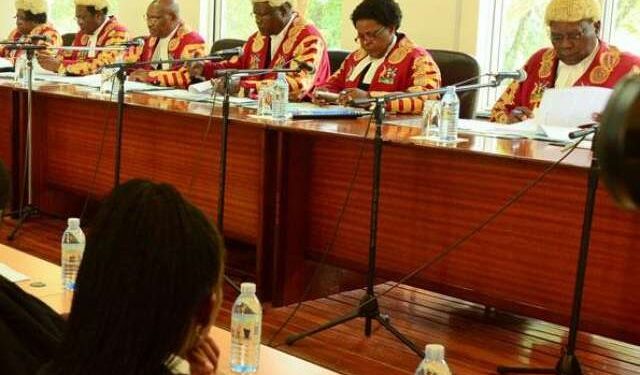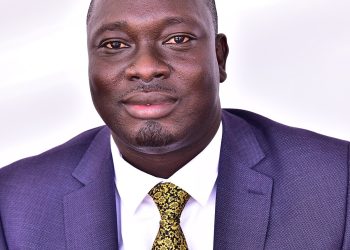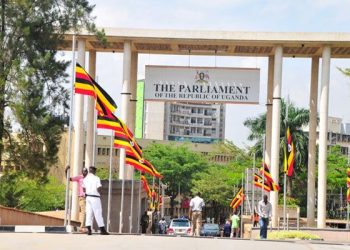The panel of judges in the Supreme Court yesterday ordered the NRM government to ensure that legislation of its earlier electoral reform orders which were requested in by court are tabled before Parliament within one month.
A panel of seven justices in their ruling observed that the Attorney General (AG), who is the chief government legal adviser, had made efforts to ensure that the court’s earlier directives on electoral reforms were followed but not as they should.
The justices who made such a bold verdict are Stella Arach-Amoko, Eldad Mwangusya, Rubby Opio-Aweri, Faith Mwondha, Paul Mugamba, Richard Buteera, and Augustine Nshimye.
“The proposed legislation for the implementation of the court’s recommendation should be laid before Parliament within one month from the date of this ruling. We find that the Attorney General has made efforts to follow up the recommendations but is as yet to achieve the desired objective of the court,” ruled the justices.
Adding: “He was not expected to be the sole participant. As an institution of government in getting the laws enacted the court recommendations could only be implemented in time if and when all organs of the State played their roles in the process of enacting the recommended laws.”
Adding to their directives, the court ordered the Attorney General of Gov’t ( AG ) to ensure consultation with other organs of the State to ensure that priority is given to the implementation of all the court’s earlier electoral reform recommendations.
The AG was also directed to report to the court the progress of the proposed legislation within three months from the date of the ruling.
In March, Makerere University law dons; Prof Fredrick Ssempebwa, Prof Fredrick Jjuuko, and a regional organization for constitutional development (Kituo Cha Katiba), sued AG for failing to follow through the 10 recommendations of the Supreme Court it had made after the 2016 elections to better electoral reforms.
Yesterday, the justices observed that the objective of the court’s orders was to foster fair play, democracy, law, and order in politics of the country.

































































